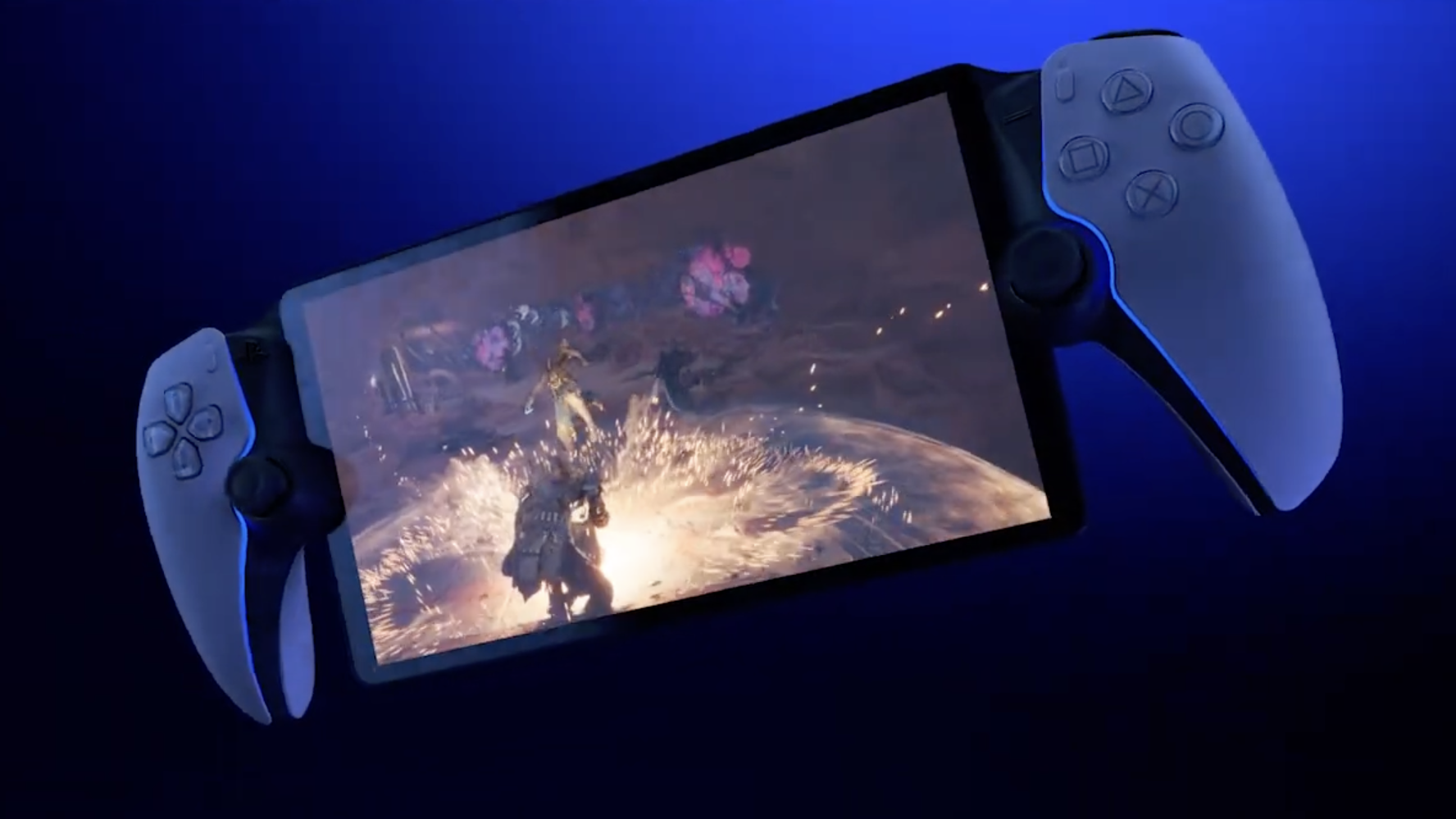
When Sony dropped the bombshell at its PlayStation Showcase 2023 that it will bring a new 'handheld PS5', codename PlayStation Q, to market in the near future, my jaw dropped somewhat.
After all, this is PlayStation, the same gaming giant that released the PS Vita handheld to eventual total failure – so the venture into the handheld market again, exciting as it is, seems risky to say the least.
Although while I say 'handheld PS5', that's a stretch of reality somewhat: PlayStation Q is a handheld device with 8-inch Full HD screen that enables you to play your installed PS5 games via Remote Play over Wi-Fi.
So can PlayStation Q jump out the starting blocks at pace? There are certainly going to be challenges, as I'll address below, yet, to put a positive face on it, I think there's one key way it could be a winner with fans too...
1. What is Remote Play good for?
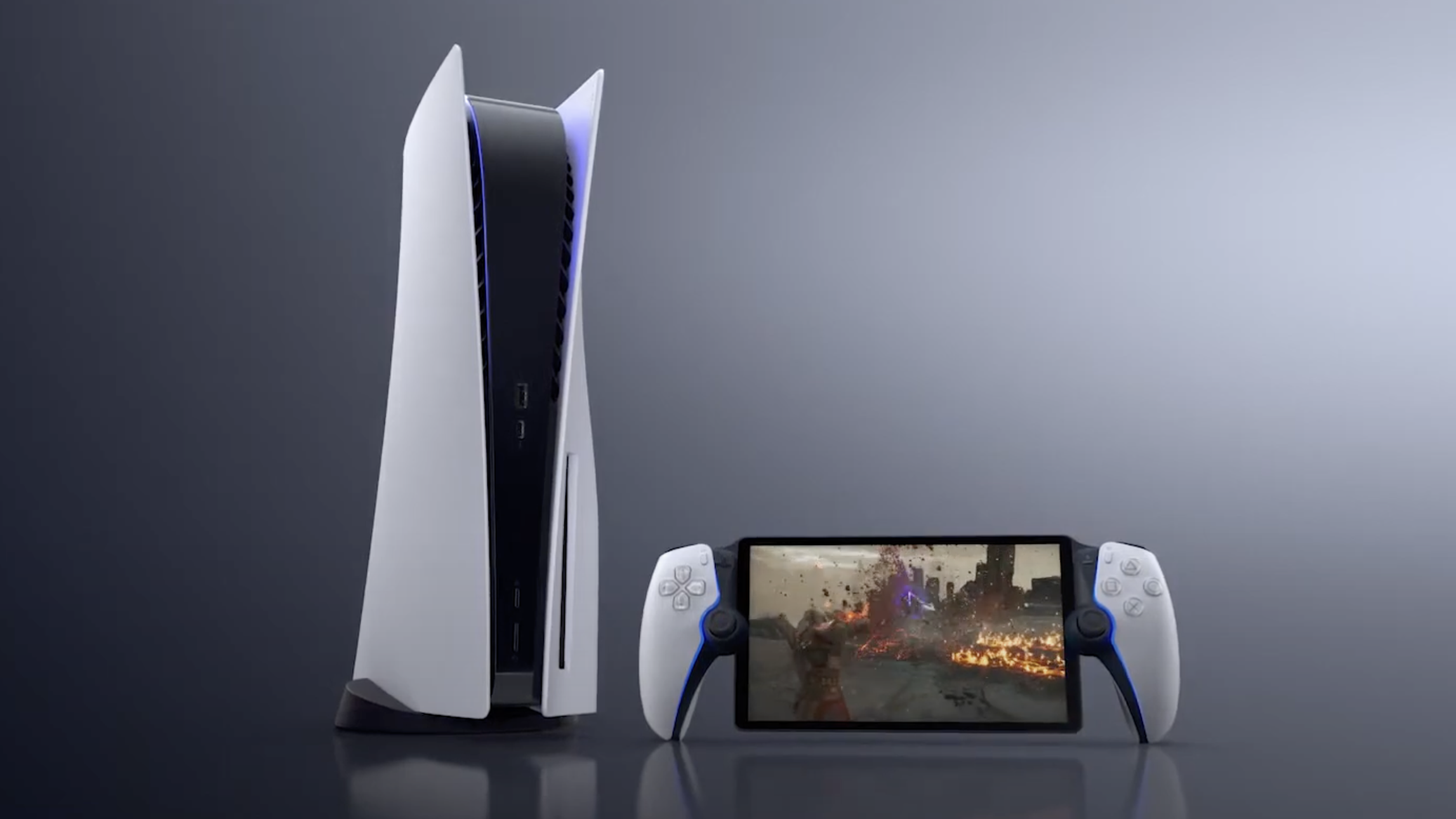
Sony's Remote Play has been around for a long time – over 15 years, in fact. While it was initially the way to play PS3 games on PSP (that being the 2005-released PlayStation Portable handheld) and then PS4 games on PS Vita (the later 2011-released handheld), it's progressed considerably in the years since. Today you can play PS5 games on both Android and iOS devices, such as phones and tablets, for example, using the PS Remote Play app.
Remote Play will be key for Project Q because it means the handheld itself needn't host the more expensive hardware components, as found inside the PlayStation 5, and instead will be able to run games hosted on your PS5 via Wi-Fi. That means it can be a sensible scale, not run too hot, yet function just as capably as a PS5 (up to 1080p at 60fps max, given the screen's specification).
Sounds great, right? Well, there are a couple of obvious red flags here: one, you'll need a solid connection for all this to happen successfully; two, unlike cloud-based services, such as Xbox's Cloud Gaming (where there's simply the connection from cloud to device), Remote Play adds the additional lag-risk of needing data to also be sent from the PS5 first.
Sign up to the T3 newsletter for smarter living straight to your inbox
Get all the latest news, reviews, deals and buying guides on gorgeous tech, home and active products from the T3 experts
But more than anything, I've already hit upon the main issue: Remote Play has been around for a long time. Gamers simply haven't adopted it in large numbers. It's not become the go-to way for most people who have a PlayStation console to go about their gaming.
2. The Google Stadia conundrum?
The next major point is that the market has already spoken, just outside of PlayStation's ecosystem. You only need to look at Google Stadia: the search giant's cloud gaming service, complete with its own handheld hardware, was certainly a bold move when revealed in 2018, before going on sale in 2019.
Too bold a move, really, seeing as it lasted all of three years before the plug was pulled, giving Stadia users three final months to play before the off switch was finally struck back in January 2023. Not that many were playing by that point as lag issues had affected play and diminished Stadia's popularity.
Other handheld devices exist, too, such as Steam Deck. Competitors are incoming, including the Asus ROG Ally and Razer Edge. None of these will give you PlayStation-exclusive games, granted, nor have these yet proven to be wildly popular. So Sony making its own equivalent, within its own ecosystem, is largely hinged upon its exclusive titles.
There's an outlier take here too: 'why doesn't Sony make a Nintendo Switch-like handheld?'. Been there, done that. The PS Vita console, which used cartridge-based games, simply didn't have enough titles to play, limited third-party support, and Remote Play largely cannibalised the need for its existence. I don't see Sony repeating that situation again – plus Nintendo's dominance in the handheld space is impenetrable – much as I'd like to play Horizon whilst on a plane.
3. How much will Project Q cost?
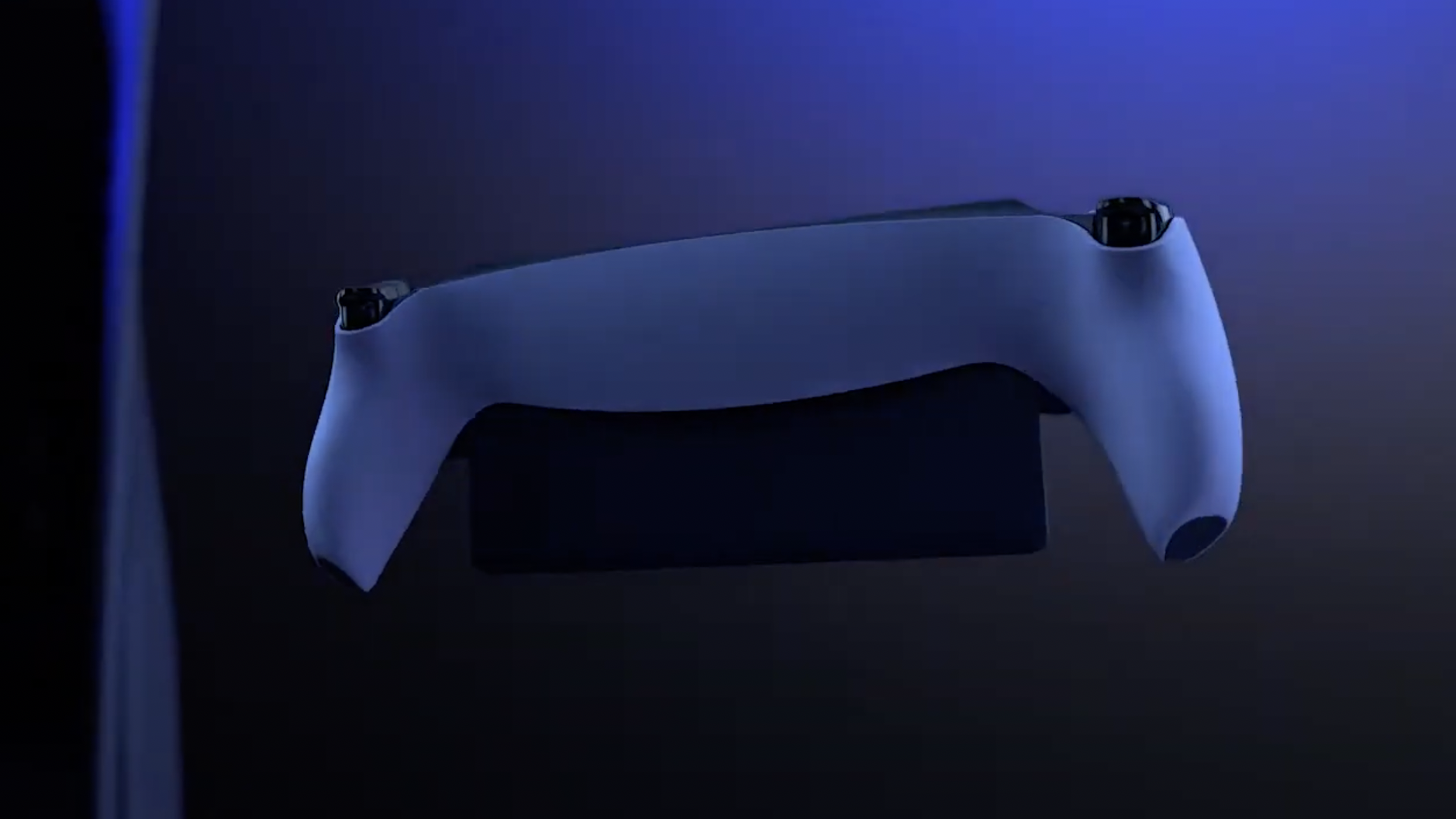
There's also the big unknown that could be Project Q's stumbling block: just how much will this handheld cost? The straight answer is that nobody knows just yet.
Either way, a PS5 console costs £479/$499 at present. We know that PlayStation VR2 tops even that, at £529/$549. I'm not suggesting Project Q will be as pricey as either of those, but as it's effectively an 8-inch tablet with Wi-Fi connectivity, haptic feedback and a DualSense controller compiled into one, it's surely going to cost around the £/$299 mark (less than a Nintendo Switch, critically).
I circle back to my other points above though: would you pay extra for a Remote Play device? I mean, there's already an official Backbone One PlayStation Edition controller for Android (£/$99) that can turn your Android phone into an equivalent device, so do you need to spend more?
And as a closing thought in this section – and this could be personal preference – but I really love playing games on the big screen. Developers put crazy amounts of time making their games look Hollywood-level stunning. With 4K resolutions and high frame-rate options, for me the best gaming TVs deliver the best ways to experience what PS5 is all about.
4. Official DualSense controls – yay!
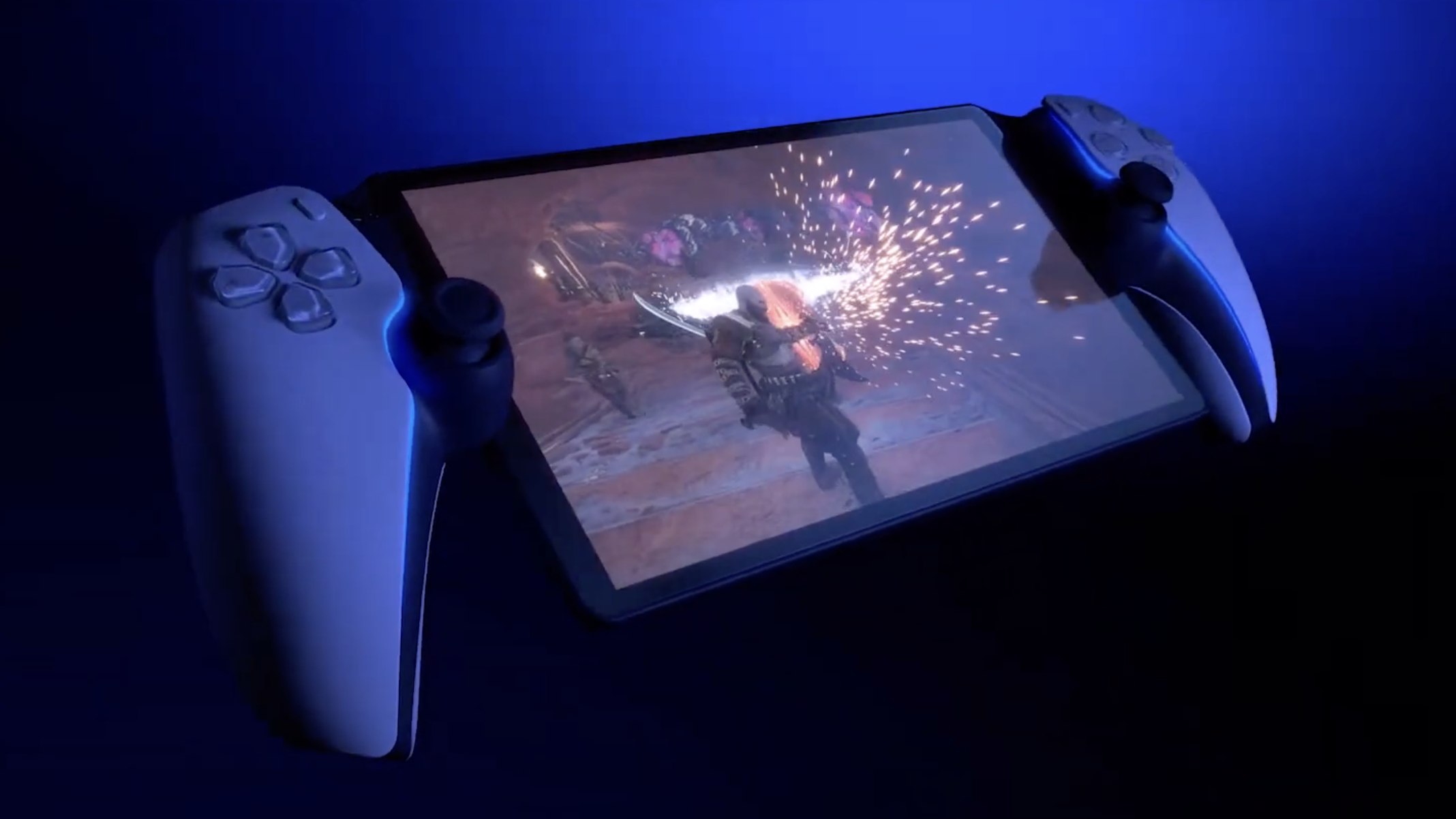
But! PlayStation Q has one thing that I think can help it succeed: it's an official PlayStation product. It's got DualSense controls, with nothing absent, so you can play on the smaller 8-inch screen just as you would on a bigger TV.
With nothing lost in a design and control format, that's the key aspect that I think will make PlayStation Q appeal, as and when it appears as a real and renamed on-the-shelf product. That PlayStation badge means a lot to many – and for good reason.
So there we have it: PlayStation Q has made my jaw hit the floor, I'm endlessly curious about how it'll work in the real world already, but with Remote Play's history and an unknown price proposition, I'm yet to be convinced this is the big-hitter that the PS5 really needs. Now, bring on the exclusive games, please...

Mike is T3's Tech Editor. He's been writing about consumer technology for 15 years and his beat covers phones – of which he's seen hundreds of handsets over the years – laptops, gaming, TV & audio, and more. There's little consumer tech he's not had a hand at trying, and with extensive commissioning and editing experience, he knows the industry inside out. As the former Reviews Editor at Pocket-lint for 10 years where he furthered his knowledge and expertise, whilst writing about literally thousands of products, he's also provided work for publications such as Wired, The Guardian, Metro, and more.
-
 Technogym brings its signature touch of luxury to Pilates with latest home gym equipment launch
Technogym brings its signature touch of luxury to Pilates with latest home gym equipment launchThey've also introduced a new premium line of strength equipment and cardio kit
By Bryony Firth-Bernard
-
 This bodyweight EMOM workout cranks up your metabolism and builds muscle endurance
This bodyweight EMOM workout cranks up your metabolism and builds muscle endurance20 minutes and a little grit is all you need
By Bryony Firth-Bernard
-
 Sony World Photography Awards 2025 holds a mirror up to an artificial natural world
Sony World Photography Awards 2025 holds a mirror up to an artificial natural worldZed Nelson's Anthropocene Illusion scores him this year's SWPA Photographer of the Year
By Mat Gallagher
-
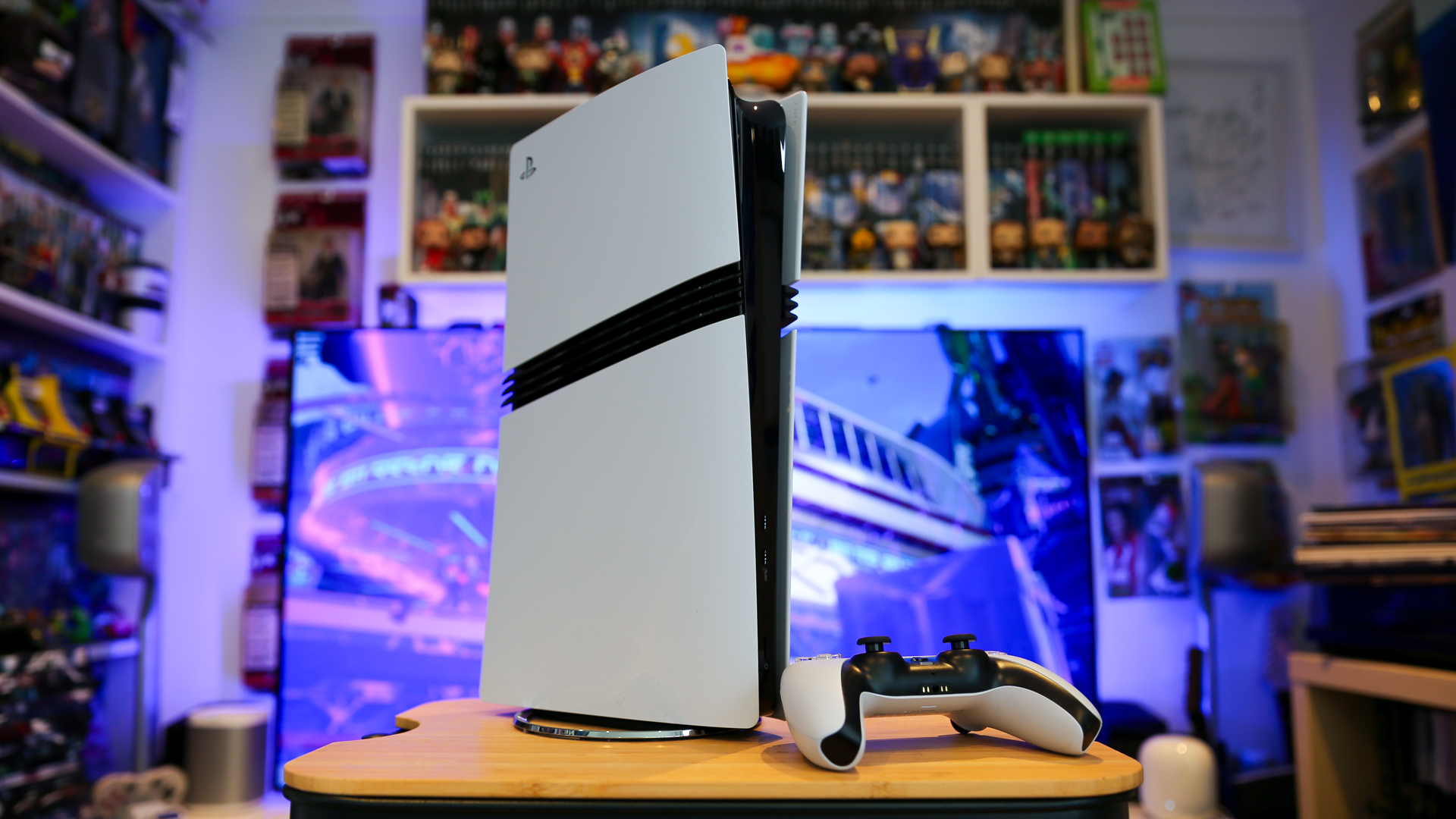
 The 5 luxury PS5 Pro accessories I can't live without – How to upgrade your PlayStation in style
The 5 luxury PS5 Pro accessories I can't live without – How to upgrade your PlayStation in styleIf you want a better experience for your PS5 Pro, you need these luxury upgrades
By Max Freeman-Mills
-
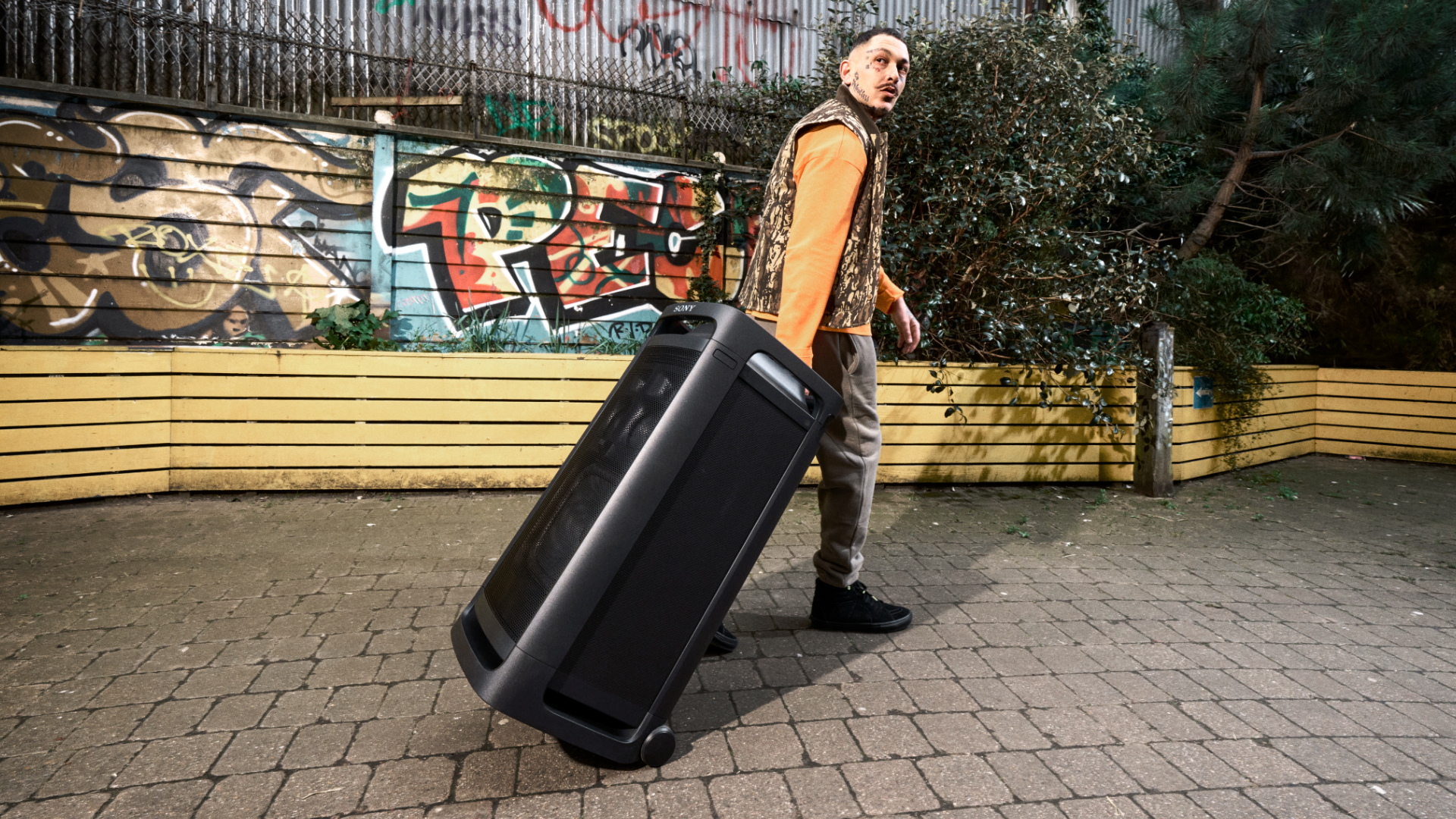 Sony drops a whole host of new Ult speakers, including some chunky units
Sony drops a whole host of new Ult speakers, including some chunky unitsThe Ult lineup grows
By Max Freeman-Mills
-
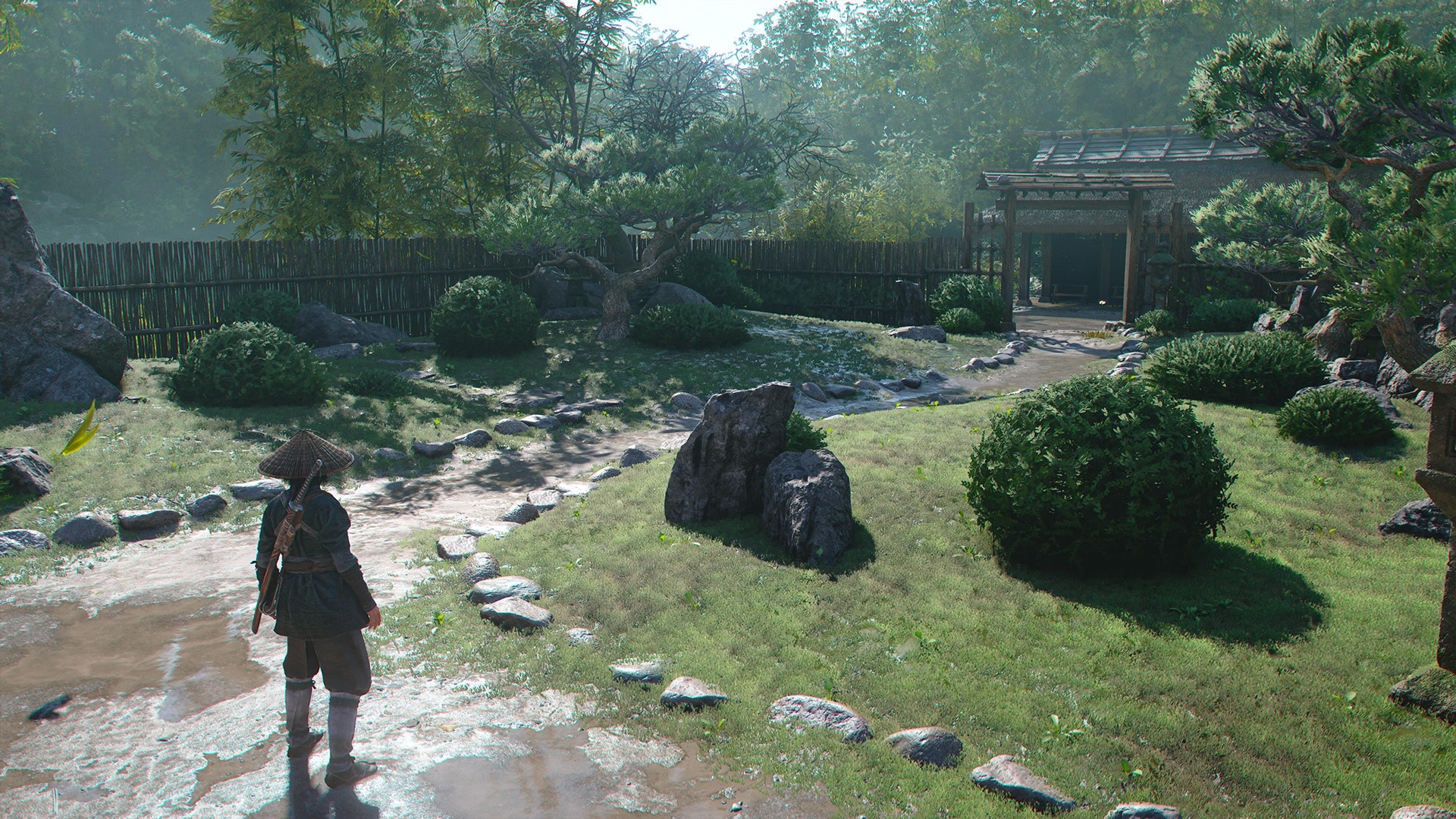 This PS5 Pro game proves the best part of next-gen isn't what you expected
This PS5 Pro game proves the best part of next-gen isn't what you expectedRay-traced reflections might be a mirage
By Max Freeman-Mills
-
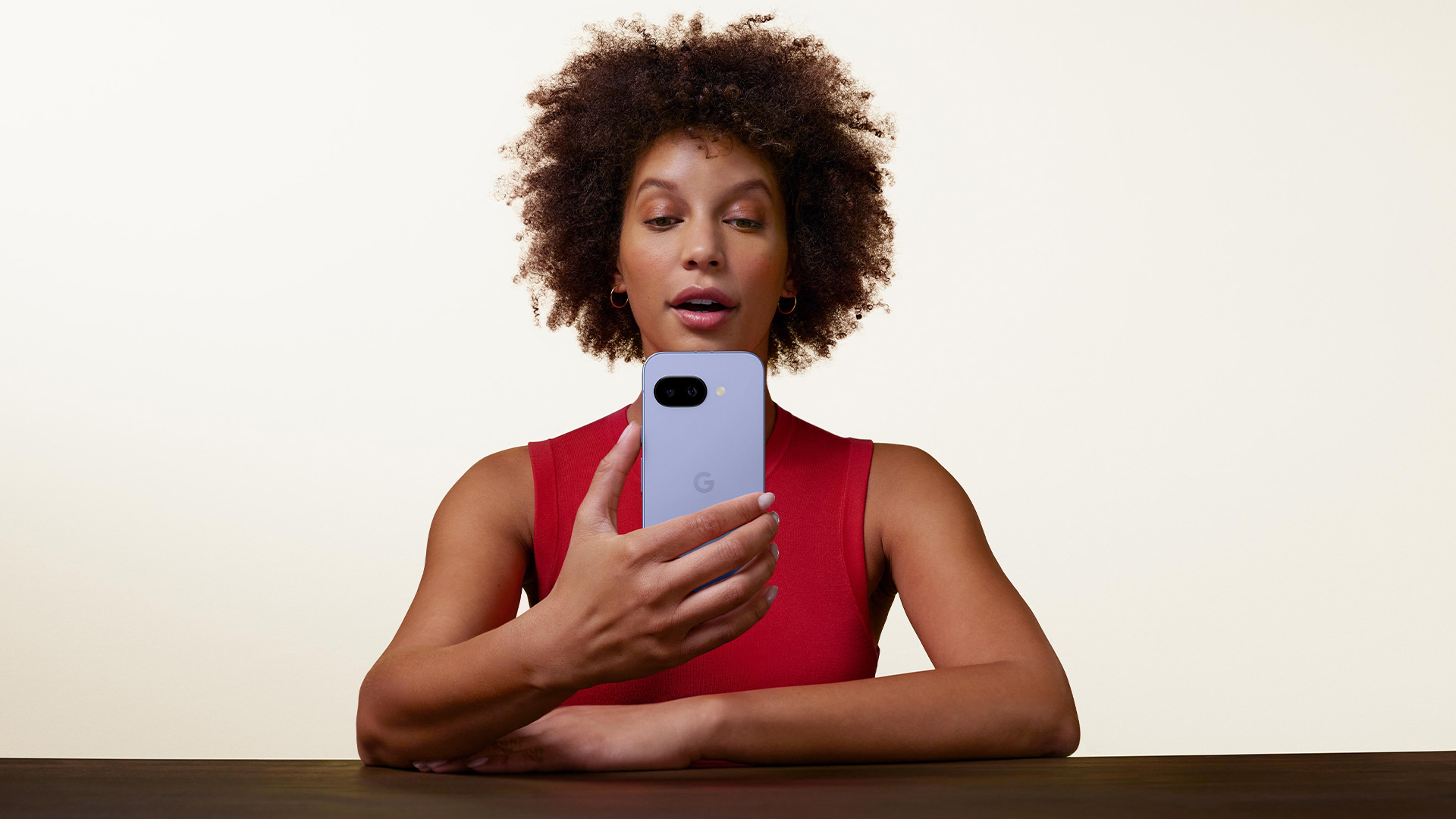 Google's Pixel 9a does one simple thing that could tempt me away from iPhones after a decade
Google's Pixel 9a does one simple thing that could tempt me away from iPhones after a decadeGoogle's played a blinder here
By Max Freeman-Mills
-
 PS5 Pro set for a massive upgrade already – should make games look even better
PS5 Pro set for a massive upgrade already – should make games look even betterA deal with AMD will introduce even better game-improving tech to the PS5 Pro
By Rik Henderson
-
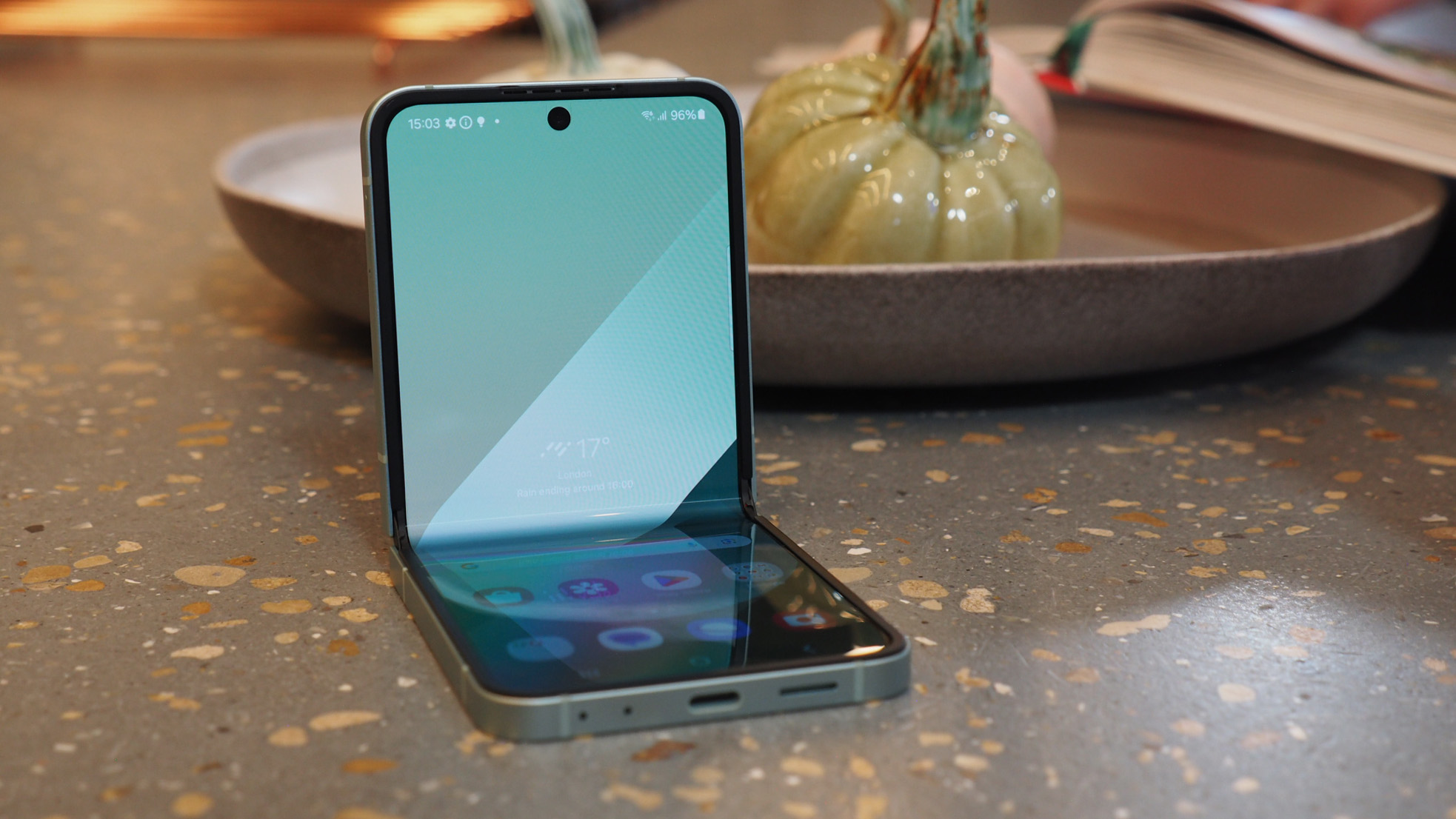 Samsung's foldables get Android 15 (One UI 7) at last, but there's a catch
Samsung's foldables get Android 15 (One UI 7) at last, but there's a catchYou might have to wait a bit longer for the full release
By Chris Hall
-
 Sony WH-1000XM6 headphones are ready to go, according to latest leak
Sony WH-1000XM6 headphones are ready to go, according to latest leakIf you're thinking about buying the XM5s, make sure you get a really good deal
By Carrie Marshall